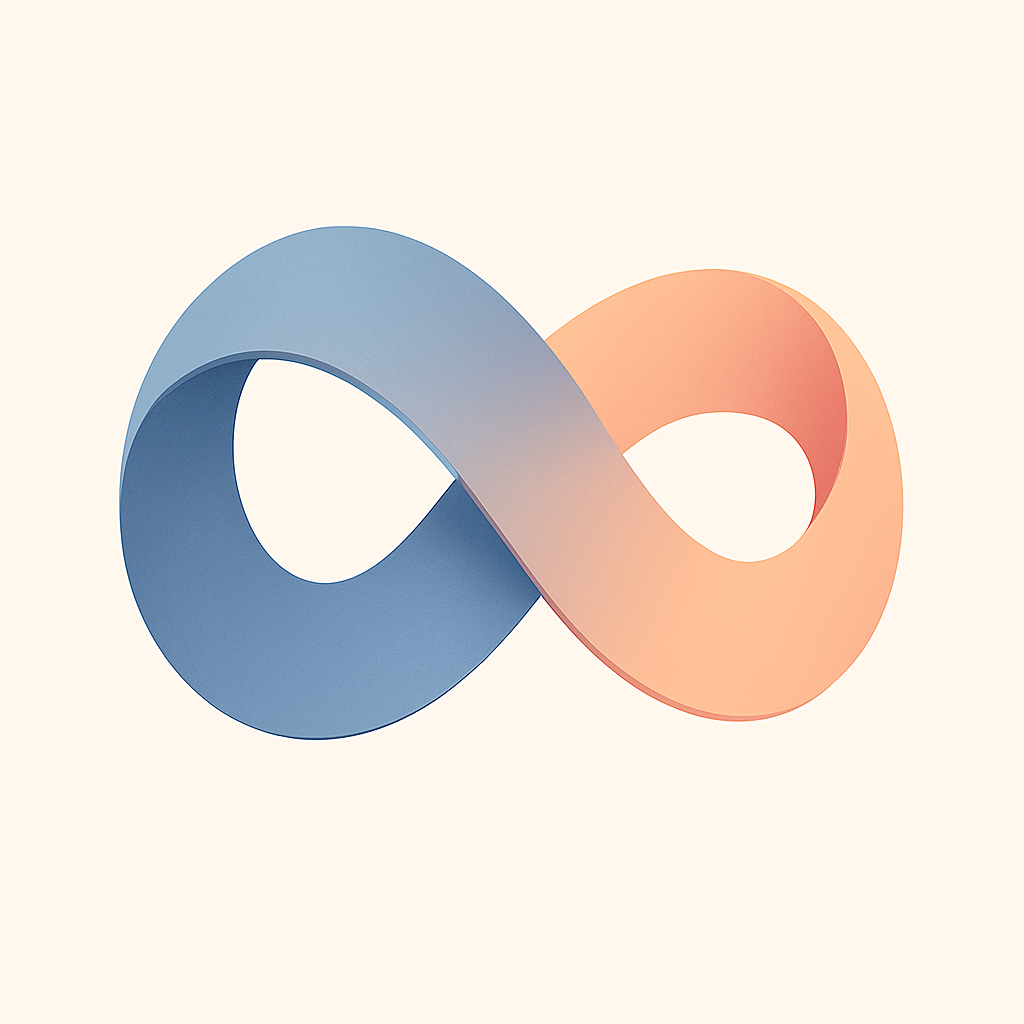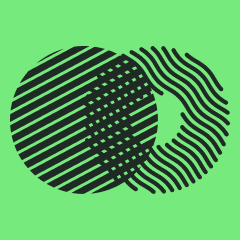
What is Re-Loop: Plan by Energy, Not Time?
Launching in preview Re-Loop: a calm planner for ADHD, chronic illness, and burnout Re-Loop helps people whose energy and focus don’t run on a schedule. Instead of endless to-do lists, you work in short, repeatable loops that let you plan by energy, not by time. There are no streaks, dopamine traps, or guilt when life interrupts. Core ideas • Plan by energy, not urgency • Loops instead of lists • You choose how to use it (notifications are optional) • Private by design
Problem
Users with ADHD, chronic illness, or burnout struggle with traditional time-based planners and to-do lists, which require rigid schedules and lead to guilt when tasks are missed due to fluctuating energy levels.
Solution
A calm planner tool that replaces time-based schedules with energy-driven loops. Users create repeatable task loops, avoid streaks/dopamine traps, and customize notifications, prioritizing flexibility and mental well-being.
Customers
Adults with ADHD, chronic illness patients, and burnout sufferers seeking non-traditional productivity methods. They often cycle between overexertion and exhaustion, needing tools that adapt to energy fluctuations.
Unique Features
Plan by energy (not time), loops instead of lists, optional notifications, guilt-free design (no streaks), and privacy-first approach.
User Comments
Reduces planning anxiety, flexible for unpredictable energy, no pressure from streaks, simple interface, helps avoid burnout cycles.
Traction
Launched in preview on ProductHunt (exact metrics not public), targets niche productivity market. ADHD productivity tools like Goblin.Tech (alternate example) have 500k+ users.
Market Size
The global ADHD management market is projected to reach $31.5 billion by 2030. Over 366 million adults worldwide have ADHD, with 40%-60% experiencing chronic productivity challenges.


